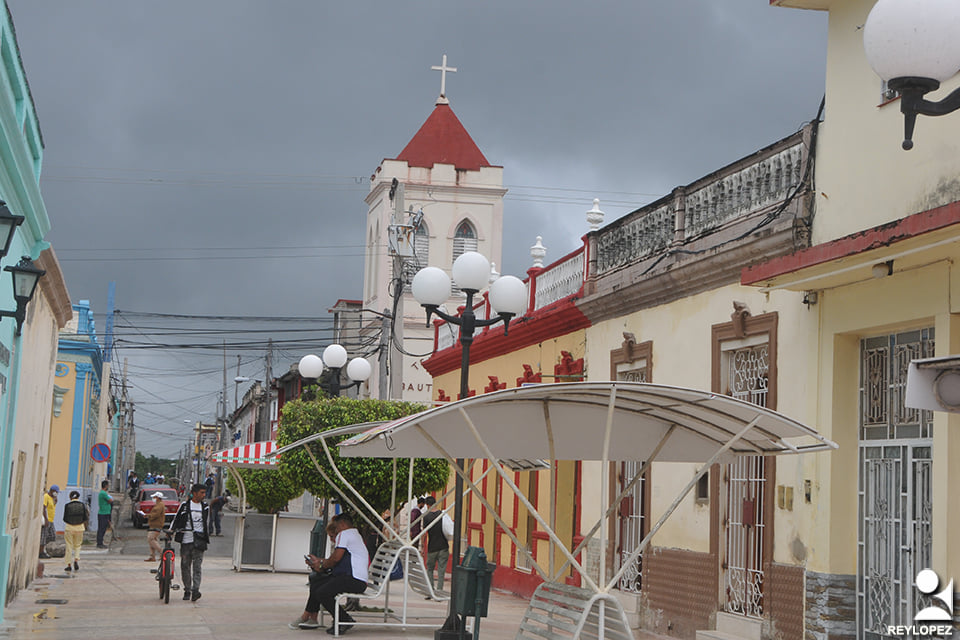
The only Cuban city burned three times has just entered the year of its first quarter of a millennium; and the local authorities, with the help of its residents, are already preparing to decorate it so that Las Tunas does not lose its galloping pace towards the future.
Las Tunas, Cuba.- "It's my city, I love it like that" is the slogan conceived for the 225th year of its foundation (September 30; while the municipal government program promises that there will be celebrations as tradition demands, through civic and solemn activities, and carrying out actions to improve the environment and the quality of life of the population.
When analyzing the campaign, a study of the main socio-economic lines was carried out to delve into the socio-demographic, economic characteristics and the most representative places of the urban geography.
After its fires (1869, by Manuel de Quesada; 1876, by Vicente García; and 1897, by Calixto García) when it lost its heritage values of the colonial architecture, in the early years of the 20th century eclectic buildings were erected and thus it grew slowly with this art, known as the style without style.
But it was not until the 70s of the last century that the city began to leave behind its village structure, with the location of monumental sculptures of the most famous representatives of the three-dimensional art in Cuba.
Thus, the so-called Balcón del Oriente Cubano (Balcony of Eastern Cuba) was baptized with the epithet "Capital of Cuban Sculpture,” and then powerful industries such as ACINOX (stainless steel) and METUNAS (metal structures) came, and a historic center every day with more city and welcoming air.
Las Tunas is a city that before the beginning of this century had little more than 100 thousand inhabitants, with which it was titled as a city of the first order; and it is already close to 170 thousand, among natives and others from various territories that, when arriving here, fall in love with the city and do not return to their birthplaces.
Las Tunas is like that, beloved by its children and with opened doors for those who arrive and want to “take root” here.





